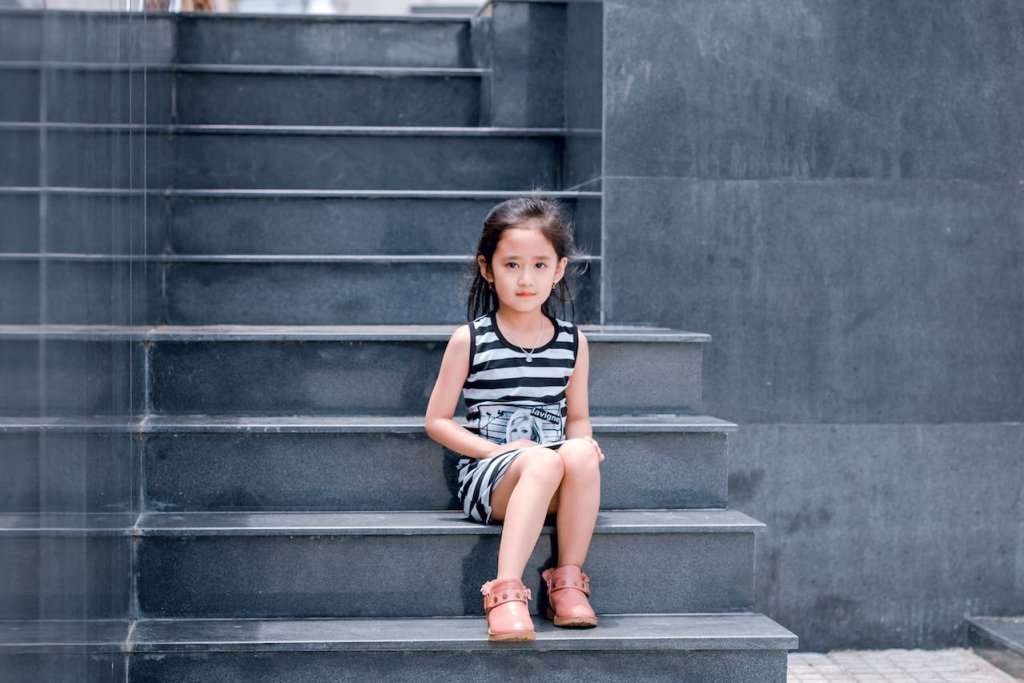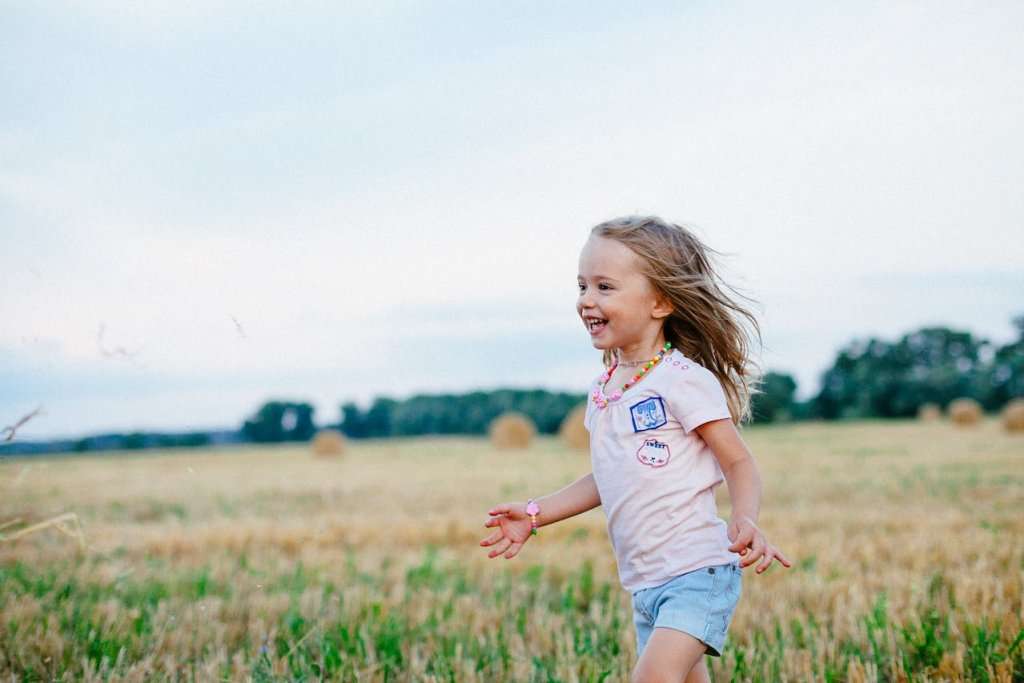Childhood
Leaving on the excursion of life as a parent or providing care is a thrilling and extraordinary experience that requires a significant comprehension of the complexities of experience growing up. This crucial stage, which lasts roughly from early toddlerhood to pre-adolescence and includes rapid physical, cognitive, and emotional development, occurs between the ages of one and twelve. In this comprehensive guide, we will explore the many facets of childhood, including the intricacies of important developmental milestones, insights into creating a nurturing environment, and valuable advice for educators, parents, and caregivers.

Physical Development
Early Years (1-3 years)
Motor Skills Mastery
During the beginning baby years, youngsters set out on the excursion of refining their coordinated movements. Both fine and gross motor skills are significantly developed through activities like crawling, walking, and exploring their surroundings.
Foundations of Nutrition
During this time, making sure to eat a well-balanced diet full of essential nutrients is very important. Appropriate nourishment fills in as the bedrock for the actual advancement of bones, muscles, and organs.
Middle Childhood (4-7 years)
Gross Motor Skill Refinement
As children enter middle childhood, they engage in sports and more coordinated physical activities like running and jumping. For the development of agility and coordination, this phase is crucial.The Jumperoo encourages bouncing and jumping motions, helping to strengthen leg muscles and improve coordination. With adjustable height settings, it accommodates your baby’s growth, ensuring a safe and enjoyable exercise experience.
Fine Motor Skill Precision
During middle childhood, activities like drawing, writing, and manipulating small objects contribute to the development of fine motor skills.
Late Childhood (8-12 years)
Navigating Puberty and Growth Spurts
The onset of puberty, which marks the beginning of significant physical changes like the development of secondary sexual characteristics and growth spurts, occurs in late childhood.
Emphasis on Physical Activity
Empowering and working with ordinary actual work is fundamental during this period. In addition to improving physical health, participating in sports and other recreational activities instills values like teamwork and discipline.
Cognitive Development

Language Unveiling
Early Language Fluency
The baby years mark the rise of language abilities, with exercises like perusing to kids and presenting them to different jargon assuming a pivotal part in language improvement. Consider the an engaging and language development toys designed to foster language in young children.
Navigating Literacy Terrain
As youngsters progress through youth, education abilities develop, establishing the groundwork for cutting edge capacities in understanding appreciation, composing, and decisive reasoning.
Cognitive Milestones Unraveled
Piaget's Cognitive Odyssey
A significant comprehension of Piaget’s stages — sensorimotor, preoperational, concrete functional, and formal functional — enables guardians and teachers to fit exercises to a kid’s mental limits.
Cultivating Problem-Solving and Creativity
Puzzles, art projects, and hands-on experiments are just a few of the creative and problem-solving-oriented activities that aid in cognitive development.
Educational Empowerment
Formal Education Transition
The change to formal instruction is an achievement that requires the making of a positive learning climate. To address any potential learning difficulties, it is essential to collaborate with teachers.Engage your child’s curiosity and foster a love for learning with educational toys that not only entertain but also provide valuable cognitive and developmental benefits.
The Pinnacle of STEM Exposure
Children’s critical thinking is strengthened and they are better prepared for the challenges of a world that is becoming increasingly technologically advanced when STEM fields are introduced strategically.
Social and Emotional Development
Building Interpersonal Bridges
The Art of Friendship
Friendships are most likely to emerge during childhood. Empowering positive social communications, showing sympathy, and directing youngsters in compromise methodologies add to sound relational connections.
Emotional Intelligence Unleashed
Emotion Identification and Expression
The nuclear family expects a urgent job in a youngster’s close to home turn of events. Essential elements include fostering a sense of security within the family, establishing routines, and maintaining open communication.
Resilience as a Pillar
By allowing children to face difficulties and setbacks, resilience is a quality that can be developed during childhood. Showing critical thinking abilities and ingraining the significance of diligence add to profound strength.
Cultural Awareness and Diversity Appreciation
Diverse Exposure
Cultural awareness and inclusivity are cultivated when children are exposed to a variety of cultures, perspectives, and traditions. This openness supports an outlook of acknowledgment and regard for contrasts.
Play and Imagination
Play's Pivotal Role
Diverse Play Forms
It is essential to comprehend the significance of various types of play, including imaginative play, cooperative play, and solitary play. Each form has its own distinct impact on a child’s overall development.
Nature's Playground
Empowering open air exercises advances actual wellbeing as well as sparkles imagination and a profound appreciation for the marvels of nature.
Imagination's Boundless Realm
Creative Expression Platforms
Cognitive flexibility and innovation are aided by providing ample opportunities for creative expression through art, music, and imaginative play.
The Power of Storytelling
Taking part in narrating exercises animates language improvement and encourages the blazes of creative mind, laying the basis for a long lasting affection for writing.
Parenting and Educational Guidance
Communication Excellence
Open Dialogue Pinnacle
Keeping up with open correspondence with kids is a foundation of compelling nurturing. Effectively tuning in, approving their sentiments, and making a place of refuge for offering viewpoints and concerns add to solid parent-kid connections.
Teacher Joint effort
A cooperative relationship with teachers guarantees a comprehensive way to deal with a kid’s turn of events. The alignment of the home and school environments for optimal learning is made easier by regular communication.
Boundary Setting Mastery
Consistent Discipline Strategies
One essential component of successful parenting is establishing clear and consistent boundaries. Discipline ought to be centered around showing liability and advancing positive way of behaving as opposed to reformatory measures.
Dynamics of Positive Reinforcement
Acknowledging and rewarding positive behavior builds a child’s self-esteem and reinforces desired habits, resulting in a positive feedback loop of constructive development.
Independence Balancing Act
Gradual Independence Nurturing
Encouraging children to take on age-appropriate responsibilities fosters independence, confidence, and a sense of competence.
Supportive Guidance
While promoting independence, being available to provide guidance and support when needed is crucial. Striking this balance facilitates a child’s autonomy while ensuring a safety net of support.















